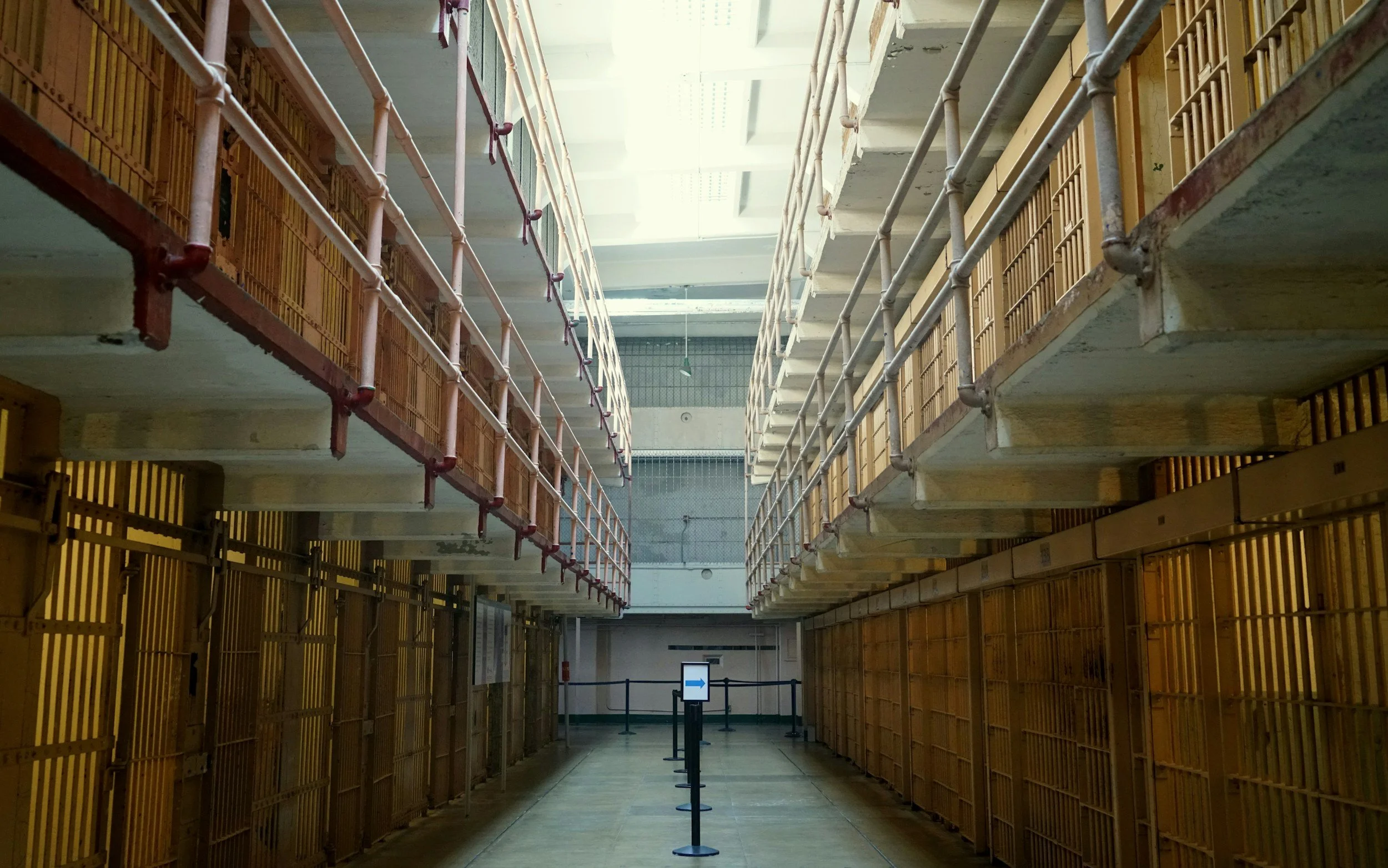What are the Defenses to Child Pornography Charges in Hastings and Dakota County
The internet has fundamentally changed the way we interact with the world, but it has also created significant challenges, particularly when it comes to the distribution—intentional or otherwise—of child pornography. With the ease of accessing vast amounts of content online, it’s possible to stumble upon illegal material, sometimes unintentionally. Once such content is downloaded to your computer, it can trigger criminal charges. In Hastings and the rest of Dakota County, being accused of possessing or distributing child pornography is a serious matter that could result in felony charges. However, there are defenses that can be used in Minnesota to contest these charges. If you’re contacted by law enforcement or notified by your internet provider regarding potential access to child pornography, contact an experienced criminal defense attorney immediately. Don’t wait until you’ve been formally charged. Contact Jack Rice Defense for a free confidential consultation or call 651-447-7650 or 612-227-1339.
“The impact of a child porn charge or allegation is nothing short of brutal. Contemplate a conviction.”
Defenses to Child Pornography Charges in Minnesota
There are several defenses that can be used to challenge charges of child pornography in Minnesota. The following are some of the most common and effective legal strategies:
The Content is Not Child Pornography
I Didn’t Have Possession of the Material
I Didn’t Know It Was Child Pornography
The Search Was Illegal
Entrapment by Law Enforcement
The Content is Not Child Pornography
Minnesota law has a very specific definition of what qualifies as child pornography. Generally, it includes any sexually explicit material involving a minor under the age of 18. However, not all images that may appear to be sexual in nature are necessarily classified as child pornography under the law. Some common examples that might fall outside the legal definition include:
Non-sexual baby pictures carried by a parent that do not contain any explicit content
Virtual or computer-generated images that do not depict real children
Drawings, paintings, or cartoons made for artistic or educational purposes
Images used for scientific, medical, or educational purposes that are not sexually explicit
If the content you are accused of possessing does not meet these criteria, it may not be legally considered child pornography, and this could be a powerful defense.
I Didn’t Have Possession of the Material
One of the most common defenses is that the defendant did not actually possess the child pornography. This defense can be particularly useful if the material was downloaded or stored on a shared computer or network, where other individuals had access to the device. This could include a family member, friend, or co-worker who might have used the computer without the defendant’s knowledge.
In some cases, the material could have been downloaded by someone else in an attempt to frame the accused—such as an angry ex-spouse, business partner, or even a malicious acquaintance. To support this defense, a forensic expert can analyze the computer or device to establish the exact time and date the material was downloaded and whether the accused was even present at the time.
I Didn’t Know It Was Child Pornography
For possession of child pornography charges to be valid in Minnesota, the defendant must have known they were possessing illegal material. If the material was unintentionally downloaded or if the defendant did not realize that the content was illegal, this could serve as a defense.
For example, a defendant might have clicked on a pop-up ad or email that automatically downloaded illegal material without their knowledge. Similarly, they might have been browsing adult pornography and unknowingly downloaded illegal content. A forensic expert could analyze the computer to determine how the material was downloaded and whether it was ever opened, which could support the claim of unintended possession.
Entrapment
Entrapment occurs when law enforcement officers encourage or coerce an individual to commit a crime they would not have otherwise committed. In cases involving child pornography, this can happen when undercover officers pose as individuals offering illegal content. If a defendant is lured into a situation where they are encouraged to download or share child pornography by law enforcement officers, it may be possible to argue entrapment.
If law enforcement agents induced the defendant into committing the act, and the defendant was not predisposed to commit such an offense, an entrapment defense may result in the dismissal of charges.
Illegal Search
In child pornography cases, the police often rely on search warrants to seize computers, phones, or other electronic devices. If the search or seizure was conducted improperly or without proper legal justification, any evidence obtained during that search could be inadmissible in court. Common reasons for an illegal search include:
Law enforcement officers lying in their affidavit to obtain the search warrant
Officers exceeding the scope of the warrant and searching beyond what was authorized
Failure to follow proper legal procedures during the search or seizure
If an illegal search was conducted, the evidence gathered could be suppressed, meaning it cannot be used against the defendant in court. In many cases, this could result in the dismissal of charges.
Conclusion
Child pornography charges are some of the most serious criminal offenses a person can face in Minnesota, particularly in Hastings and Dakota County. The state aggressively prosecutes these cases, and the penalties are severe. However, there are defenses available that could lead to a favorable outcome. Whether it’s proving the material is not child pornography, showing that you didn’t have possession of the material, arguing that the search was illegal, or proving entrapment, an experienced criminal defense attorney can help protect your rights.
Jack Rice is a Board-Certified Criminal Law Specialist, a former prosecutor, and a nationally recognized expert in defending child pornography cases. If you’ve been accused of possessing, distributing, or producing child pornography, contact Jack Rice Defense for a free, confidential consultation. Call us anytime at 651-447-7650 or 612-227-1339. Jack’s got your back.



